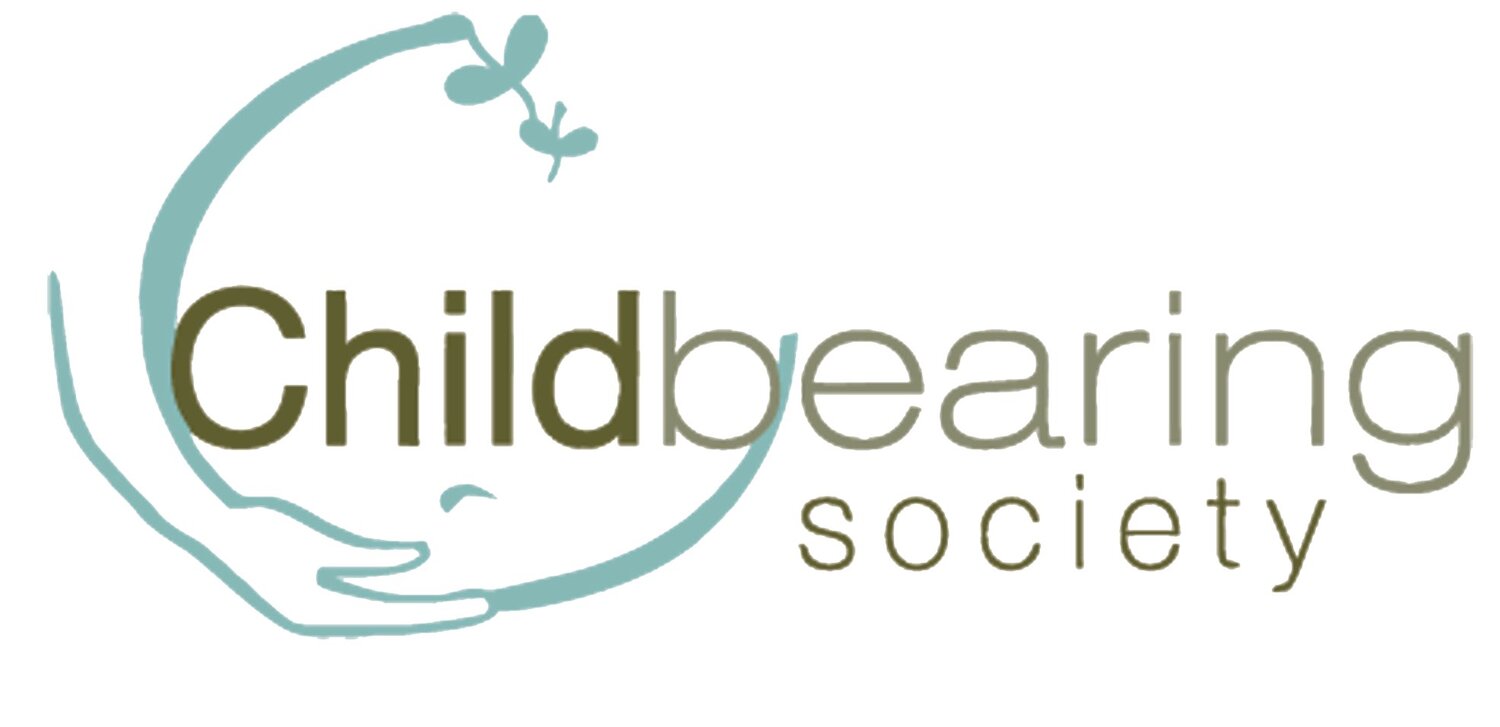Ask Childbearing: What about Sleep?
Q#1: I am 23 weeks pregnant and I am so tired! Is it normal to be so tired? Should I let myself rest as much as I want?
A: Congratulations on your pregnancy! Pregnancy can be hard work, and can be very tiring indeed. Sometimes you feel like you need to sit down and rest after walking a single block. There are several factors contributing to your fatigue. Perhaps the most obvious is that you are carrying more weight: the baby, the amniotic fluid, the placenta, additional (but necessary!) fat…it all adds up to weighing you down so that every step feels heavy. Another big factor is your increased blood volume. You have approximately 50% more blood in your body when you are pregnant, which forces your circulation system to work that much harder. No wonder pregnant women feel out of breath more easily! As well, you have a higher need for iron, which can also cause fatigue. And finally, the hormonal changes in your body cannot be underestimated: Pregnancy hormones can make you feel so sleepy that it is hard to get through the day without dozing off. Remember, your body is growing a whole new human being—from scratch!—which is a huge job, and a very valid reason to feel tired. So go ahead and indulge yourself. Take naps if you can, and treat yourself to some prenatal massage sessions or yoga classes, or whatever you find relaxing.
On the other hand, as much as you need rest, the pregnant body needs exercise too. Make sure to engage in some form of brisk exercise every day (walking, swimming, cycling—whatever you prefer). This will actually increase your energy levels, and help you get better sleep at night. Activity is important, but so is rest.
Q#2. My baby has sleep problems. She never naps for more than twenty minutes at a time, and she will only sleep when I am holding her. I am trying to avoid nursing her to sleep, because I hear it’s a bad habit, but sometimes it’s the only way she’ll fall asleep. And then as soon as I try to put her down, she pops awake. What am I doing wrong?
A.The only thing you are doing wrong is letting some bad advice undermine your excellent instincts. Your baby’s behaviour is perfectly normal. Many babies only take short naps at this young age.
Breastfeeding is very soothing and settling for your baby, and your milk contains strong sleep opiates that help guide your baby towards sleep when she nurses. Bad habit? Not at all! This is nature’s brilliant design, and our best parenting tool for helping our little ones settle into sleep whenever they feel the need. You can nurse your baby to sleep with confidence. I promise you that she will outgrow this, the same way she will outgrow all of her age-appropriate baby needs.
You might also be interested to know that your night milk is comprised of a different hormonal blend than your day milk. Over time, nursing both night and day teaches our babies’ bodies to differentiate between our night-time and daytime needs. Contrary to popular opinion, night nursing actually helps your child sleep better at night, although the effects will not be apparent until later. You can think of it as a long-term investment. Moreover, you are helping her to develop very positive associations with sleep. For a baby lovingly nursed or soothed to sleep in the safe company of a parent, going to bed need never become a frightening or isolating experience. She may never ‘resist’ sleep because she will have learned that it is pleasant and safe.
As well, babies benefit from being held whether awake or asleep. It is very literally good for them—their growth, their breathing, their development, and their stress levels. Although this remains true well into toddler hood, body contact is most important for younger babies. At your baby’s very vulnerable age, it is no wonder she wants to be held all the time! She still needs a womb-like environment for optimal development: your body still provides a perfect habitat. She pops awake when put down because removal from your body, and the system-regulating effect it has on her, is a jarring experience that sets off her internal alarm bells.
It sounds like your smart baby knows exactly what she needs to thrive. You can feel absolute confidence in trusting your baby’s cues, trusting that her needs are genuine, and that there are no “bad habits”—only the contrary pulls between a baby’s deep awareness of what makes her thrive, and a societal mistrust of young babies’ profound reliance on us. But the intensity of these early months is temporary, and if you make room for it, you can build a foundation of trust and attachment that will serve you both well into the future. You can look forward to many restful nights.
